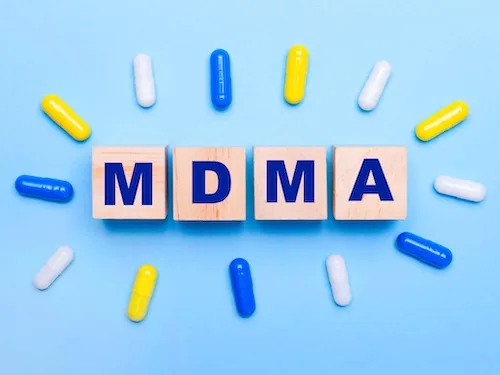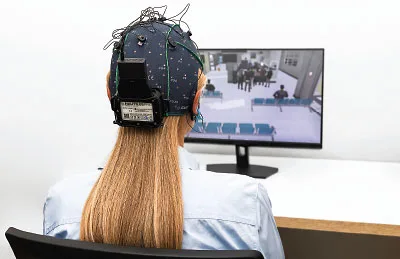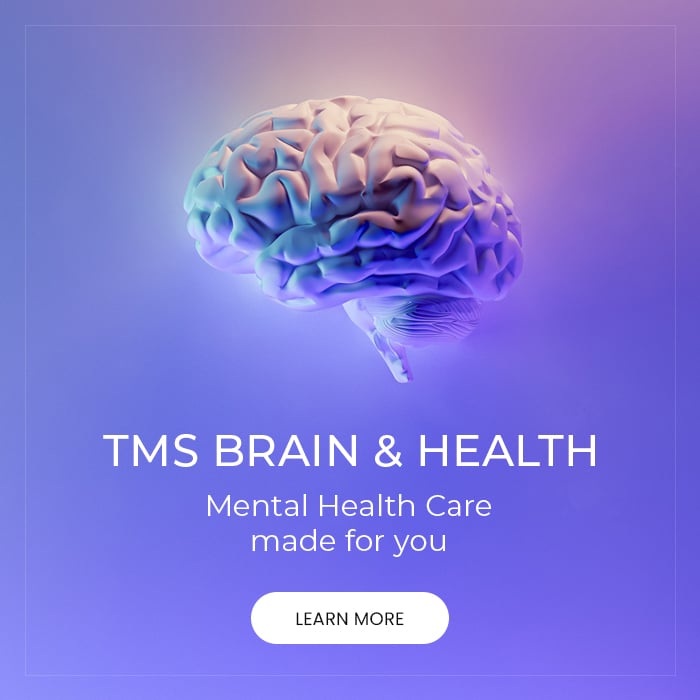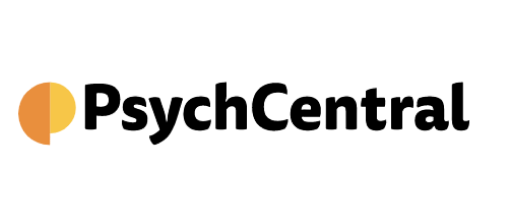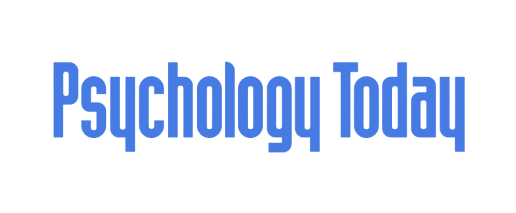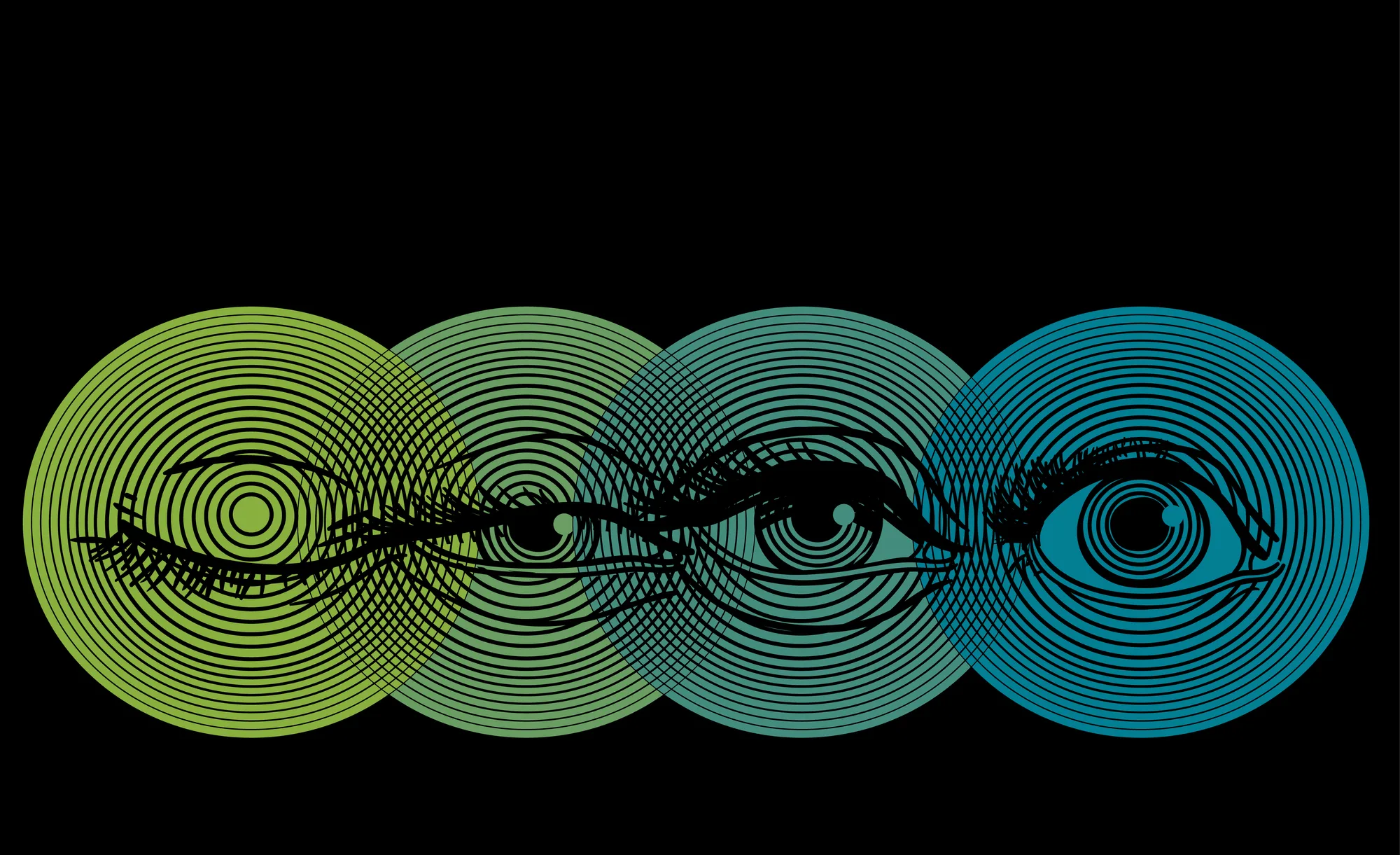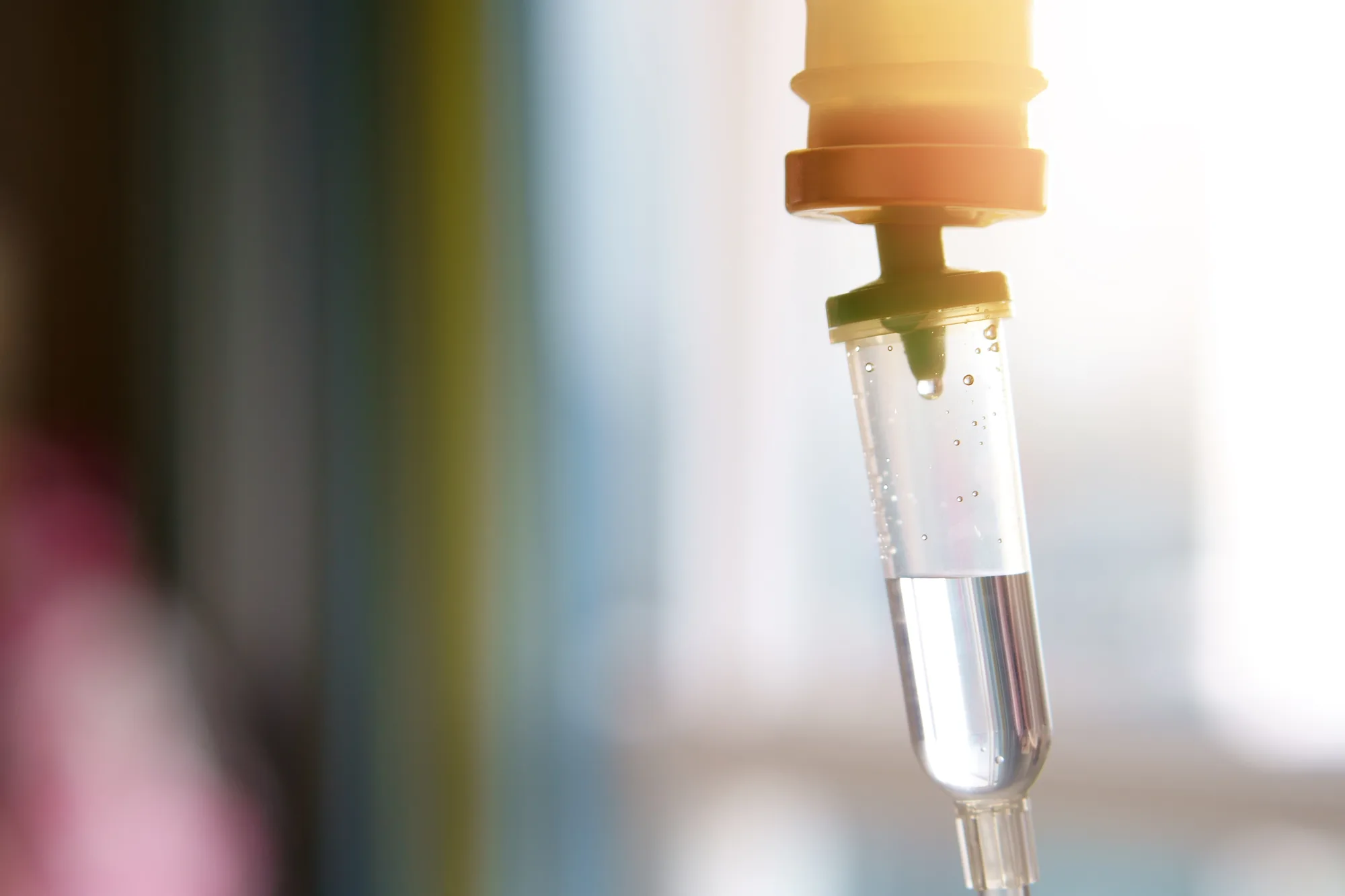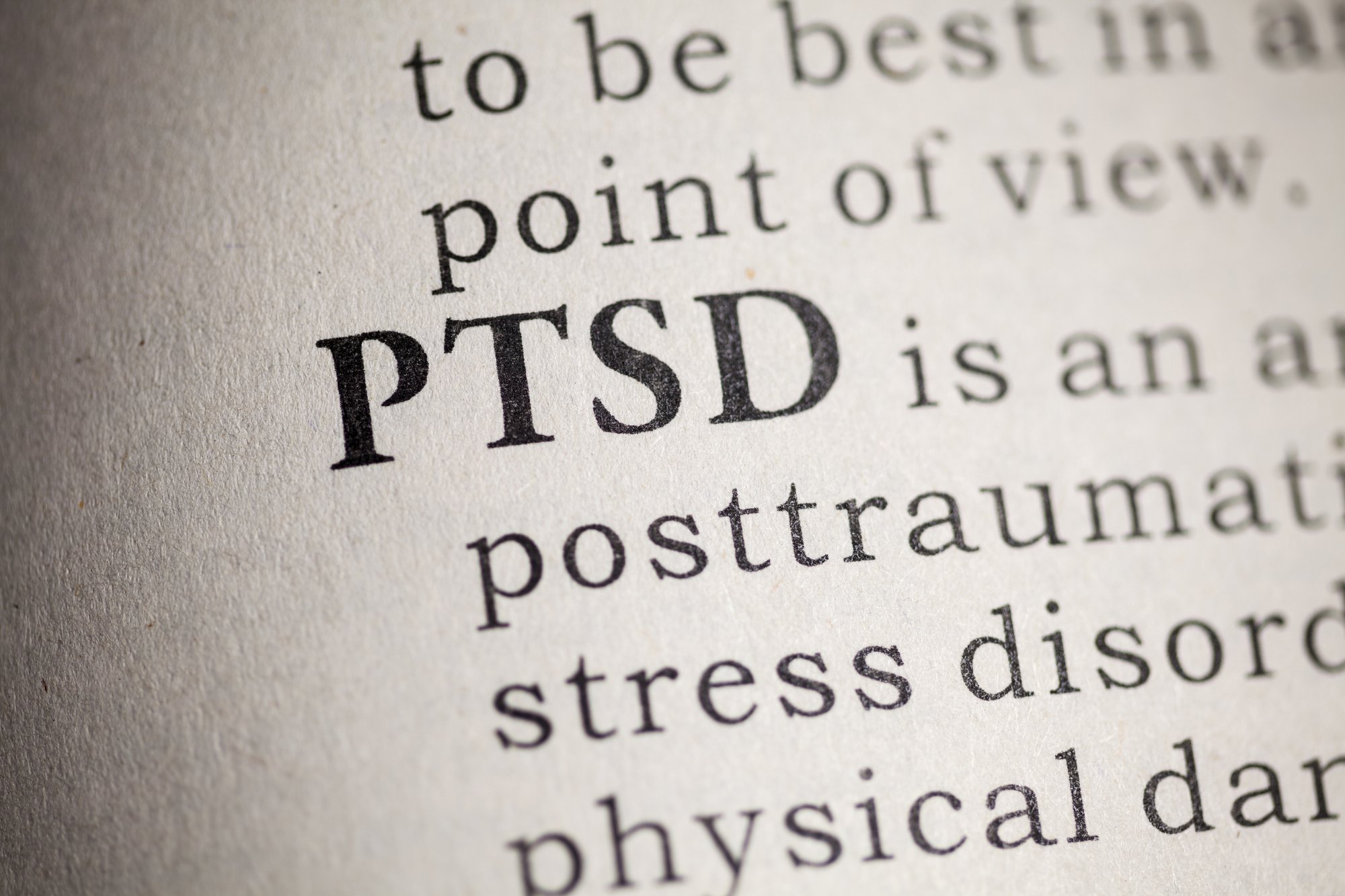Depression is one of the most common mental disorders faced globally. If you think you might be struggling with depression, you aren’t alone. According to data from the National Institute of Mental Health, 7.1% of adults in the United States, or approximately 17.3 million people, have experienced a significant depressive episode.
Why Ketamine?
Despite undergoing treatments such as talk therapy or taking prescription medications, up to 25% of individuals living with depression continue to struggle with their symptoms. These patients often feel frustrated that neither the medical nor psychiatric community has been able to effectively address their needs.
Now, recent research is showing new hope for these individuals. Ketamine, a drug that has been used in the medical field as an anesthetic for decades, is being re-purposed to treat depression. Low doses of ketamine are proving to be effective for even the most stubborn cases of treatment-resistant depression. Shortly after beginning ketamine infusion therapy, patients often report a significant improvement in their depression symptoms. Various medical clinics are now offering ketamine therapy as an alternative treatment option for those who have not responded to traditional antidepressants. At Bespoke Treatment, we offer various forms of ketamine treatment as part of our personalized mental health treatment plans.
One of the major limitations of many antidepressant medications is that they can take weeks or months to take effect (if they ever do); patients still must deal with debilitating symptoms while they wait for the medication to start working. Additionally, these medications can cause side effects such as drowsiness, constipation, insomnia, and nausea. They also often cause weight gain, which is a significant concern for most patients. Ketamine therapy, on the other hand, is known to have rapid-acting effects, and does not share these side effects. This suggests that ketamine may not only be a solution for those with treatment-resistant depression, but could also be a more tolerable and effective alternative to traditional antidepressants.
A study led by Jennifer L. Phillips, Ph.D., an associate scientist in the Mood Disorders Research Unit at The Royal’s Institute of Mental Health Research, compared the effects of active placebo versus infusion ketamine in 41 participants with treatment-resistant depression. The study was a double-blind, randomized cross-over comparison. The participants who received a single dose of ketamine reported experiencing a significant reduction in symptoms within 24 hours. The non-placebo participants received six ketamine infusions three times a week and reported a 50% decrease in symptoms throughout the treatment.
How is Ketamine Unique?
So, what makes ketamine so different from traditional antidepressants? Taking a look at the biological mechanisms of both medications gives us some answers. The two act almost completely different within the body.
The way SSRIs work in people experiencing depression is by increasing serotonin levels. However, a study conducted by Eva Redei, a long-time depression researcher and the David Lawrence Stein Professor of Psychiatry at Northwestern’s Feinberg School, found a flaw in the way animal testing of antidepressants is conducted. It is based on the assumption that low serotonin levels are the root cause of depression, however, this is not accurate for the majority of human depression. The study found that depression is not directly related to stress and starts with biochemical changes in the development and functioning of neurons. This is where ketamine can make a real difference as it does not rely on increasing serotonin levels.
A study led by Dr. Connor Liston and a team of researchers examined how ketamine infusion therapy works in the brain to reduce depression symptoms in mice that displayed behaviors similar to depression. They found that after a single dose of ketamine, the mice no longer exhibited these symptoms and brain scans revealed an increase in the formation of dendritic spines, or brain cell extensions, in their neurons that were fully functional. This suggests that ketamine may be making changes in the actual neurons themselves — allowing you to regrow lost neural connections and create lasting change to brain function.
FDA Approval for Ketamine
While standard ketamine infusions don’t yet have FDA approval, another form of ketamine became FDA-approved in 2019: esketamine. Traditional racemic ketamine is usually administered via IV at a clinic with supervision from a health professional. Esketamine functions similarly to ketamine and contains the “S” molecule; this form is administered in a nasal spray that is marketed under the brand name Spravato. Spravato should also be administered under supervision in a clinic. At Bespoke Treatment, we offer both of these forms of ketamine, as well as intramuscular shots and rapid dissolve tablets. It is important to note that while ketamine is not yet FDA approved for the treatment of any mood disorder, it has been approved as an anesthetic since 1970. Therefore, ketamine can still be prescribed “off-label.”
What Are the Side Effects of Ketamine?
Ketamine therapy usually has mild or no side effects. However, some patients may experience a dissociative feeling during the initial stages of treatment which may be described as “floaty” or “disconnected.” These feelings usually don’t last long. Generally, ketamine therapy can provide a soothing and therapeutic effect. Many patients report feeling clarity in their thinking and a reduction of their depression symptoms after the treatment, which can last for hours.
Some patients report feeling like they’re in a state of semi-consciousness during the treatment, and find the drowsiness relaxing. They are aware of their surroundings but tend to prefer keeping their eyes closed to enhance the feeling of relaxation.
If you’d like to know if ketamine treatment might be right for you, contact us today at Bespoke Treatment. We work with you to create a personalized treatment plan that is tailored to your symptoms and mental health goals.


